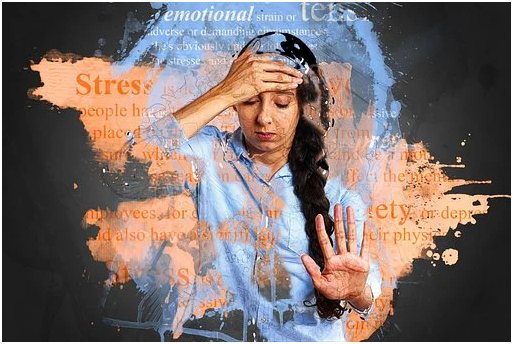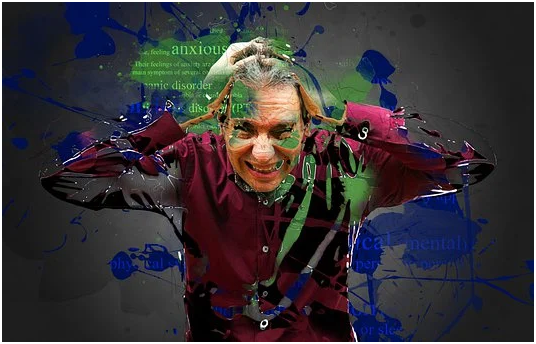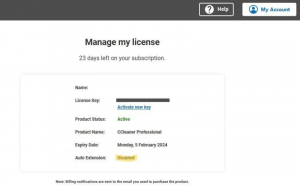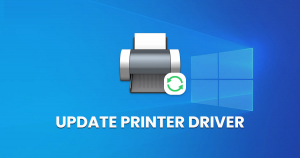5 Incredible Home Remedies to Diagnose Anxiety

My Geek: Chronic stress and anxiety are quite common these days. In reality, anxiety is one of the most prevalent mental health conditions. Each year, anxiety problems impact more than 18% of individuals in the United States. This comes down to more than 40 million Americans suffering from a curable mental health disorder. However, many individuals do not receive treatment, which might make you feel like your anxiety is ruining your life. Simple tasks may seem hard, and relationships and regular activities may seem intimidating. It may even result in a panic episode, which can be incapacitating.
However, there is good news. Numerous natural treatments for anxiety can prove beneficial in addition to counseling and the prescribed medicine. Make sure to speak with a qualified physician or psychiatrist while researching these natural treatments to find a comprehensive approach that is effective for you. So, here are five effective natural remedies to diagnose anxiety.
CBD Oil and Delta 10
Using CBD oil made from hemp has become more widespread recently. Unlike CBD obtained from marijuana, CBD from hemp plants has little to no tetrahydrocannabinol (THC), the cannabinoid that results in a high.
Delta-10 produces relaxation and doesn’t feature the same anxiety or paranoia as its delta-9 counterpart, making it a good choice for soothing anxiety without being sedating. You can also know about how long does delta 10 stay in our system.
Exercise and Meditation
Exercise and meditation are not only excellent for your physical well-being but also healthy for your mental health. Studies have shown that exercise can aid in reducing the symptoms of anxiety. Exercise might assist you in putting your mind off the things that upset you. Additionally, it causes your body to produce endorphins, natural hormones that make you feel happy.
Exercises for relaxation are equally beneficial. Some people unintentionally clench their mouths and tighten their muscles in response to worry. Progressive relaxation techniques might be helpful. Try sleeping comfortably while gradually tightening and loosening every muscle group. Start with the toes and work your way up to your jaw and shoulders.
Slowing one’s rushing thoughts through meditation might help one control tension and anxiety better. Numerous forms of meditation, such as mindfulness and yoga, might be beneficial.
In therapy, mindfulness-based meditation is becoming more and more common. According to a 2010 meta-analytic evaluation, it may be helpful for patients suffering from anxiety and mood problems.

Stay Away from Alcohol
Since alcohol is a natural sedative, it may initially help to ease the tension. Research, however, indicates a connection between anxiety and alcohol use where anxiety disorders and alcohol use disorder (AUD) seem to occur together.
Reducing alcohol use can help with anxiety and sadness, according to a 2017 study that included 63 research. However, too much alcohol consumption may disturb the neurotransmitter balance required for optimal mental wellness. An imbalance brought on by this interference may give rise to specific anxiety symptoms.
Limit Caffeine Intake
Caffeine isn’t your friend if you suffer from persistent anxiety. If you are anxious, caffeine may make you jittery and agitated, neither of which is helpful.
Caffeine may give rise to or aggravate anxiety problems, according to research. Moreover, if someone has a panic disorder, it could even trigger panic episodes. On the other hand, reducing caffeine intake can considerably reduce anxiety symptoms in a few persons.
Due to its ability to change brain chemistry, coffee and anxiety are frequently associated, much like alcohol and alcoholism. For instance, Caffeine boosts alertness by inhibiting the brain chemical adenosine, which causes fatigue, while simultaneously inducing adrenaline production.
Most people may safely consume a small amount of caffeine. However, if you want to reduce or stop consuming caffeine, you must start by cutting back on your regular intake.
Consider substituting water for these drinks to quench your thirst. This will not only fulfill your body’s demand for liquid, but it will help you stay hydrated and flush the caffeine from the system. In addition, you can gradually reduce caffeine use over a few weeks to break the habit without causing withdrawal symptoms.
Alter Your Diet
You can lessen anxiety by keeping blood sugar levels regulated. Low blood sugar, which can result from skipping meals or a surge followed by a collapse, can make you nervous and worsen your anxiety. Eat frequent, well-balanced meals throughout the day to prevent this. Include foods strong in vitamin B, such as avocado and almonds, and foods high in omega-3s, such as salmon, in your diet. The zinc-rich foods oysters, cashews, liver, beef, and egg yolks can also reduce anxiety. Also, avoid simple carbs, such as processed or sugary meals, which cause blood sugar levels to rise. Limiting alcohol and caffeine intake can also delay the onset of anxiety.

Final Words
When a loved one struggles with anxiety or depression, and you are unsure how to help them, utilize these natural anxiety therapies. Even though everyone may benefit from getting enough sleep, exercising regularly, and eating a balanced diet, various people will have different strategies to overcome anxiety. However, talking about how therapy or meditation have benefited you might be a fantastic approach to bringing up the issue and motivating your friend or loved one to adopt the same course of action.








